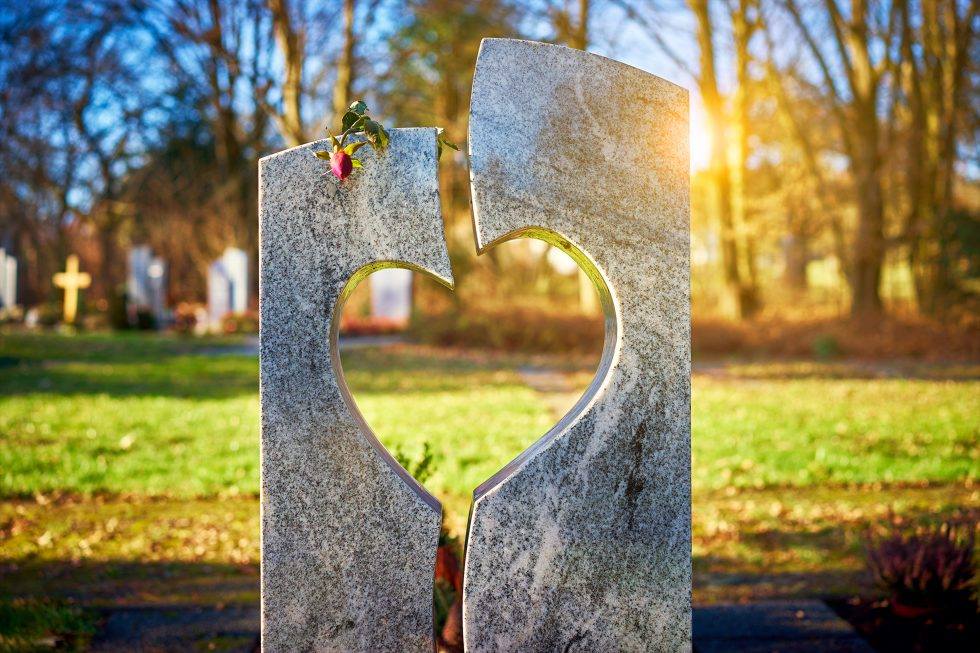Unfortunately, disputes can arise between family members as to what should happen to their loved ones bodies after they die. This can be particularly challenging as people often do not know who has the ultimate say as to what happens.
The legal position is that no one owns a dead body. There is merely a duty placed on various people to dispose of a body appropriately. While the deceased can make their wishes clear, disagreements over a funeral or burial can arise, which can require the court's intervention to resolve.
The deceased’s wishes
The wishes of the deceased are the first factor to be taken into consideration, which the court identified in Hartshorne v Gardner. However, these wishes are not legally enforceable. Despite the fact they are widely accepted as relevant to the outcome of the case, they cannot bind third parties.
The duty to dispose of the body falls to the executors of the deceased. This is set out in Buchanan v Milton, where is it emphasised that there is no ownership of the body, but a duty on the appropriate person to dispose of it properly. However, in some cases, there are multiple people responsible for disposing of a body, and their wishes can sometimes conflict.
What happens when a dispute arises
To begin with, the executors concerned will try to reach an agreement, but if this cannot be achieved, the court will have to intervene. The executors do not have determinative rights over the disposal of the body, so if the dispute cannot be resolved, it can be necessary to apply to the court for a determination.
The court can give directions in these disputes under its inherent jurisdiction, under section 116 Senior Courts Act or by giving directions on an application to the court under part 64 of the Civil Procedure Rules.
In Oldham Metropolitan Borough Council and Anor. V Makin & Ors, it was made clear that the court has jurisdiction to give direction as to the method of disposal of the body. Section 116 Senior Courts act allows the court to appoint a third party to arrange the disposal of the body, when necessary.
When deciding the case, the court will consider several factors. As indicated above, the deceased’s wishes are one of them, alongside the requirements and wishes of the family and the place the deceased was most connected with. However, Hartshorne v Garner indicates that the most influential factor for the courts to consider is ensuring that the body is disposed of with respect and without further delay.

Please call 01256 844888, email enquiries@lambbrooks.com or speak to our online chat assistant at any time of day.
